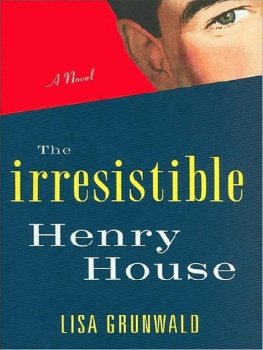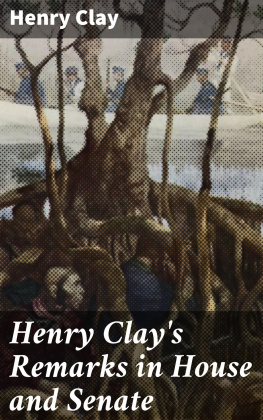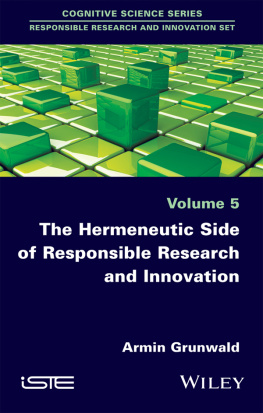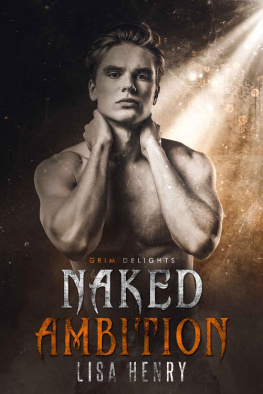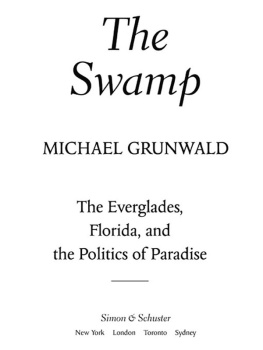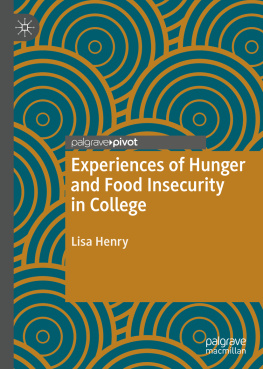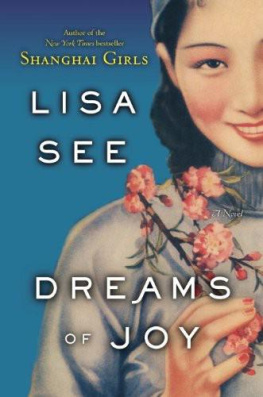Lisa Grunwald - The Irresistible Henry House
Here you can read online Lisa Grunwald - The Irresistible Henry House full text of the book (entire story) in english for free. Download pdf and epub, get meaning, cover and reviews about this ebook. year: 2010, publisher: Random House, genre: Science fiction. Description of the work, (preface) as well as reviews are available. Best literature library LitArk.com created for fans of good reading and offers a wide selection of genres:
Romance novel
Science fiction
Adventure
Detective
Science
History
Home and family
Prose
Art
Politics
Computer
Non-fiction
Religion
Business
Children
Humor
Choose a favorite category and find really read worthwhile books. Enjoy immersion in the world of imagination, feel the emotions of the characters or learn something new for yourself, make an fascinating discovery.
- Book:The Irresistible Henry House
- Author:
- Publisher:Random House
- Genre:
- Year:2010
- Rating:5 / 5
- Favourites:Add to favourites
- Your mark:
- 100
- 1
- 2
- 3
- 4
- 5
The Irresistible Henry House: summary, description and annotation
We offer to read an annotation, description, summary or preface (depends on what the author of the book "The Irresistible Henry House" wrote himself). If you haven't found the necessary information about the book — write in the comments, we will try to find it.
The Irresistible Henry House — read online for free the complete book (whole text) full work
Below is the text of the book, divided by pages. System saving the place of the last page read, allows you to conveniently read the book "The Irresistible Henry House" online for free, without having to search again every time where you left off. Put a bookmark, and you can go to the page where you finished reading at any time.
Font size:
Interval:
Bookmark:
ALSO BY LISA GRUNWALD
Whatever Makes You Happy
New Years Eve
The Theory of Everything
Summer
WITH STEPHEN J. ADLER
Womens Letters
Letters of the Century
For my son, Jonathan Grunwald Adler,
with love and wonder
With the lips and eyes of a valentine
And a smile from the Sunday comics,
He was the Practice Baby in a College of Home Economics.
Oh what a lucky baby I am!
He often used to cry,
To have a hundred Mammas
To make me hush-a-by!
Morris Bishop and J. H. Mason, The Practice Baby,
The Saturday Evening Post, May 1928

Welcome Home, Henry
B y the time Henry House was four months old, a copy of his picture was being carried in the pocketbooks of seven different women, each of whom called him her son.
The photograph showed Henry on the day he arrived at Wilton College in 1946. He was lying naked in his crib, his backside bare and sassy, his hair already shiny and dark, and his grin already firmly in place as he pulled up on his chubby hands and turned back toward the sound of his name.
Henry House was a practice baby, an orphan supplied by the local home for the purpose of teaching college women how to be proper mothers. For more than two decades, since the early 1920s, colleges across the country had offered home economics programs featuring practice kitchens, practice houses, and, sometimes, practice babies. Henry was the tenth such baby to come to the Wilton practice house. Like the other so-called House babies before him, he was expected to stay for two years and be tended to in week-long shifts by a half dozen practice mothers. In earnest, attentive rotations, they would live and sleep beside him as they learned the science of child rearingfeeding and diapering, soothing and playinguntil it was time to pass him on to the next devoted trainee.
Raised, as a consequence, not with a pack of orphans by a single matron but as a single orphan by a pack of mothers, Henry House started life in a fragrant, dust-free, fractured world, where love and disappointment were both excessive and intertwined.
IN 1946, THE CAMPUS OF WILTON COLLEGE sat like a misplaced postage stamp in the upper-left-hand corner of the mostly flat, still mostly rural Pennsylvania rectangle. Established in 1880, the college was one of the oldest in the country created solely for the education of women, and it drew, in nearly equal numbers, girls from the nearby farms and girls from the distant towns and girls from the glittering, ambitious East. If some arrived with the thought that home economics would offer an easy path, they had only to enter the practice house to be disabused of this notion.
Martha Gaines ran the program with an iron fist and a hidden heart, living full-time in the practice house while the undergraduates came and went. Martha considered the building hers, the students hers, the program hers. In 1926, she had been reassigned from her original post as a textiles instructor to design and run the practice baby program, and she had been in charge since the arrival of the very first House infant. Martha had overseen all the House babies since then, the single exception being during the previous year, when she had been urged (the gossip, she knew, said forced) to take a leave of absence. On this sharp, brisk autumn morning, with a new school year, a new group of mothers, and a new baby before her, Martha had never felt a deeper need to be in command.
Henry was in her arms. He was wearing bright red cotton pajamas and was wrapped, budlike, in a pale green cotton blanket. The date of his birthJune 12, 1946had been written on a piece of orphanage stationery and fixed to his blanket with a large diaper pin. The orphans always arrived with numbers and, thanks to Marthas one streak of whimsy, stayed on with cutely alliterative names: Helen House, then Harold House, then Hannah, Hope, Heloise, Harvey, Holly, Hugh, and Harriet. Only when they were adoptedwhich they invariably were, quite eagerly, as the prized products of modern child-rearing techniqueswould they finally be given real names.
At the door of the practice house, Martha now exhaled a homecoming sigh, then expertly shifted the baby onto her left arm to open the door with her right.
Welcome home, Henry, she whispered, stepping into the entranceway and turning on the light.
Then she kissed one of the babys tiny, still-clenched handsnot his face, of course, for she rarely deviated from the rules she imposed on her student mothers, and one of those rules was not to indulge in undue physical affection. ( MOTHER MUST NOT BEGIN WITH S was the admonition that Martha had stitched as a sampler years before.)
Now she tucked Henrys fist back under the blanket and stepped into the nursery. It was ten-thirty on a Monday morning, and the girls werent scheduled to come until eleven, and that would give Martha barely enough time.
Henry looked at her, his eyes just mature enough to focus on hers. Martha shrugged off her tweed jacket, keeping the baby snugly against her chest and inhaling the talcum-y smell of his neck.
There had been times, in her previous year of exile, when Martha had not been sure shed ever get to hold a House baby again. Relief and the lingering loneliness of her time away now galvanized her. With Henry up on her shoulder, she all but spun around the room, reaching for her tools: a fresh journal, a sharp pencil, a measuring tape, a diaper. As she gathered the things, she hummed the song that Bing Crosby had been crooning since the end of the war:
Kiss me once, then kiss me twiceThen kiss me once again
Its been a long, long time.
THE NURSERY HAD REMAINED LARGELY UNCHANGED in the year of Marthas absence. The walls were still the palest shade of green, with crisp white wainscoting that hemmed them in and kept them from seeming completely institutional. The changing table and a small dresser flanked the left-hand wall. A rocking chair and an oak side table sat beside the far window. A faded Oriental covered most of the dark wooden floor.
In general, the room waslike Martha herselfnot altogether cold but not particularly inviting. Functional described them both. At forty-eight, Martha was no longer confident, slim, or remotely happy enough to be what most people would consider attractive. In recent years, her face had become doughy and less defined, as if the lines of her features were starting to smudge. Her body, often plump, had become heavyset, and she had taken to wearing, along with her tailored suits, a series of eccentrically colorful silk scarves that were meant to distract attention from the rest of her.
Today Marthas scarf was bright turquoise and orange, and as she laid Henry on the changing table, he seemed transfixed by its pattern. Staring, he didnt protest as she unwrapped his green blanket and, ribbon by ribbon, undid his red pajamas. Only thenfrom the cold and the shock of not being swaddleddid he begin to yell and squirm. Resolutely, Martha ignored his cries and unfastened his diaper pin. Youre a strong one, she said to him, unfolding her tape measure.
She measured the circumference of Henrys head, then his height, his hands, and his feet. She noted the color of his skin, his eyes, his hair. She noticed and recorded a small extra flap of skin on his right ear, like the ear tags that came on those German teddy bears that had been so popular before the war.
Whats that doing there? she asked Henry, while he kept on bellowing.
He was only fourteen weeks old, and Martha usually preferred the practice babies to be five or six months when she got them. Irena Stahl at the orphanage, however, had been unusually firm in insisting that Henry was the healthiest candidate, and Marthaanxious to resume her dutieshad been in no mood to argue, and certainly not to wait.
Next pageFont size:
Interval:
Bookmark:
Similar books «The Irresistible Henry House»
Look at similar books to The Irresistible Henry House. We have selected literature similar in name and meaning in the hope of providing readers with more options to find new, interesting, not yet read works.
Discussion, reviews of the book The Irresistible Henry House and just readers' own opinions. Leave your comments, write what you think about the work, its meaning or the main characters. Specify what exactly you liked and what you didn't like, and why you think so.

